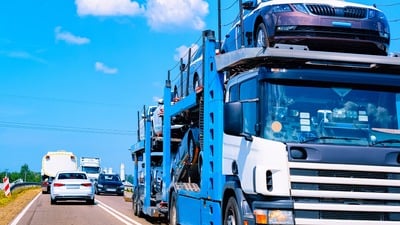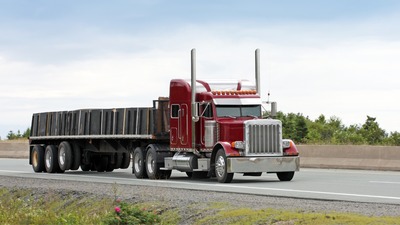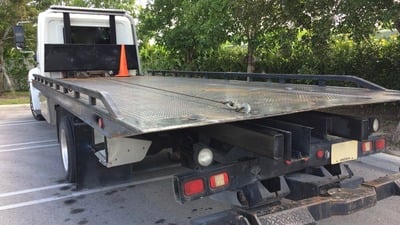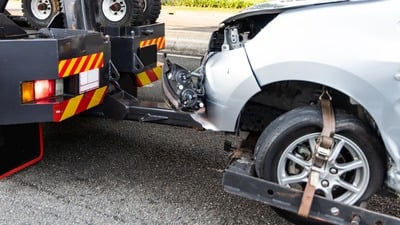Maintaining your car hauler chains is crucial for ensuring their longevity and reliability. Whether you're a professional transporter or an individual hauling personal vehicles, keeping your chains in top condition is essential. In this blog, we'll share seven expert tips to help you maintain your car hauler chains, preventing premature wear and ensuring your cargo remains secure. Let's dive in!
1. Begin with Regular Inspections
Starting your maintenance journey with regular inspections of your car hauler chains can save you a lot of trouble down the road. Visual inspections are your first defense against potential malfunctions. By catching issues early, such as minor cracks or signs of wear, you can take proactive steps to address them before they escalate. It's a good idea to incorporate these inspections into your routine, ideally before and after each use, to ensure that your chains are always in the best condition to secure your cargo. While inspecting, don't just focus on the obvious signs of wear; also pay attention to the less visible parts, like the chain links hidden by hooks or connectors. Remember, even the smallest defect can lead to significant problems if left unattended. So, if something doesn't look right, it probably isn't. Being meticulous in your inspections allows you to preemptively solve potential issues, ensuring a safer transit for your load.
2. Keep Them Clean
It's common to just pack up your car hauler chains after a long day, but taking the time to clean them can significantly impact their longevity. Cleaning off dirt, grime, and other contaminants after use not only keeps your chains looking good but also prevents corrosive substances from eating away at the metal. A simple rinse with water followed by a thorough drying process is usually sufficient for removing most surface dirt. For tougher grime or signs of beginning rust, consider using a mild detergent or a specialized cleaning solution designed for metal. Applying these solutions with a soft brush can help in gently scrubbing away any stubborn deposits without damaging the chains. Make sure to thoroughly rinse and dry your chains after cleaning to prevent any moisture-related issues.
3. Proper Lubrication is Key
Lubricating your car hauler chains should be a regular part of your maintenance routine. The right lubricant does wonders by reducing friction, protecting against rust, and ensuring smooth operation of your chains. When selecting a lubricant, opt for products specifically designed for heavy-duty applications, as these will offer the best protection and longevity for your chains. Apply lubricant liberally, but be mindful to wipe away any excess to prevent attracting dirt and debris.
4. Store Them Correctly
Proper storage of your car hauler chains is as important as cleaning and inspecting them. Leaving them tangled, on the ground, or exposed to harsh weather conditions can lead to unnecessary wear and tear. Investing in a durable, weatherproof container where chains can be neatly coiled and separated from other equipment can significantly prevent damage. Additionally, storing your chains in a dry, covered area when not in use will protect them from the elements and extend their useful life.
5. Address Rust Immediately
Treating rust early on can prevent it from becoming a major issue. If you notice any rust forming on your chains, using a wire brush to gently remove the surface rust, followed by the application of a rust inhibitor, can greatly reduce the spread. For more severe cases, you may need to consider professional treatment to ensure the integrity of the chain isn't compromised. Regular inspections play a crucial role in rust management, allowing you to catch and address it early.
6. Regularly Check for Adequate Tension
Ensuring your car hauler chains have the correct tension is essential for safe transportation. Chains that are too loose may fail to secure the load properly, while those that are too tight can strain or damage both the chains and the cargo. Learn how to apply just the right amount of tension that's needed to keep things secure without overdoing it. This may require a bit of practice, but it's an invaluable skill for anyone transporting large loads.
7. Know When to Replace
Despite all your maintenance efforts, there will come a time when your car hauler chains need to be replaced. Recognizing the signs of a chain that is past its prime—such as extensive rust that cannot be removed, visible wear that compromises the structural integrity, or any deformation in the links or hooks—is vital. Continually using chains that need replacing not only puts your cargo at risk but also increases the potential for accidents. Investing in new chains when necessary is an investment in safety.





